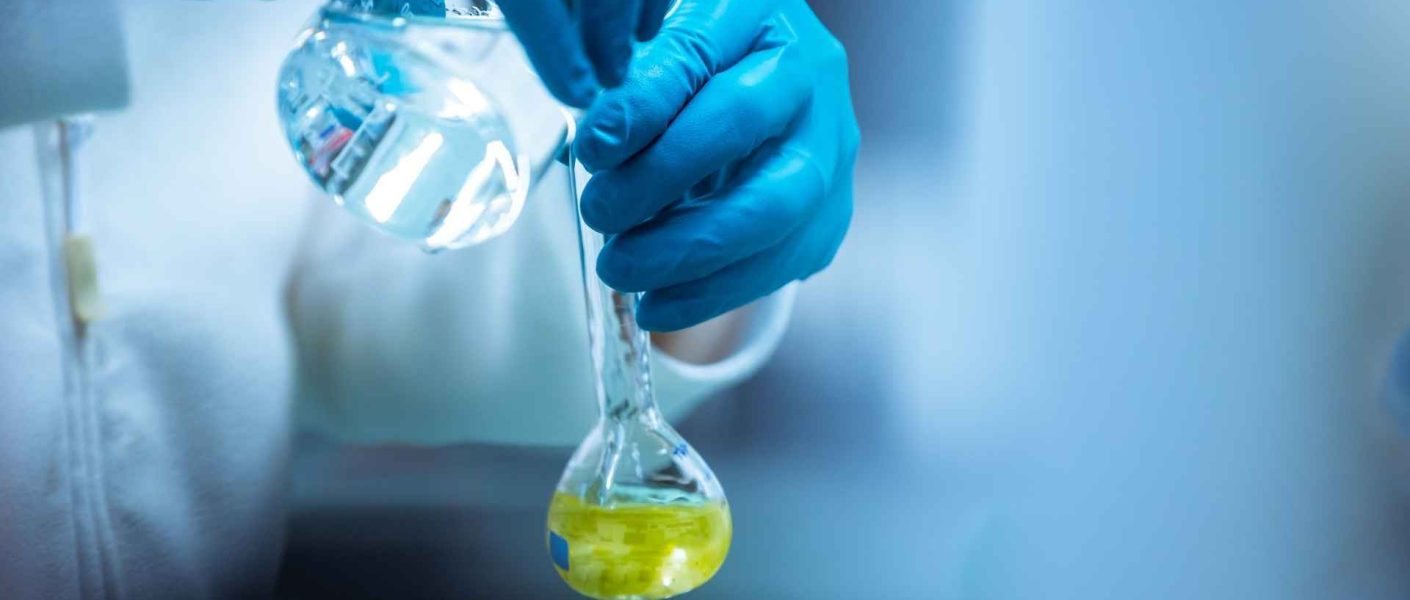Envision a world where medical care is personalized, direct, and even more effective, thanks to breakthrough medical devices. Picture a health system that consistently surpasses its previous limitations, where remedies come from unexpected sources, and the future of healthcare is a promising horizon. These are not unattainable dreams, but rather a testament to the potential within the field of medical device development.
Behind the scenes of every technological health advancement, there is extensive research fueling the breakthroughs, driving medical capabilities to unprecedented heights. From initial concept and design to rigorous preclinical studies, research is at the heart of all notable innovation. This article delves into the significance of this research, uncovering how it propels medical device development and enhances our everyday lives. Join us on this journey through the realm of discovery and improvement in healthcare.
Understanding the Importance of Research in Medical Device Development
The field of healthcare is intricately tied to innovation and it's no different for the development of medical devices. In-depth research, both technological and market-oriented, is fundamental for the creation and enhancement of medical devices that effectively address healthcare challenges. This not only ensures that the devices are safe and efficient but also that they meet the pressing needs of patients.
The Significance of Research in the Medical Device Industry
Research forms the backbone of medical device development. It facilitates the understanding of disease mechanisms, culminating in the creation of pragmatic solutions for improved diagnosis, treatment, and patient monitoring. Quick diagnosis, precision medicine, and narrows symptoms targeting have been made possible through research innovations.
Israel, a renowned global hub for medical technology, has seen considerable advancement in the field. For instance, PillCam, a small ingestible capsule that captures images of the gastrointestinal tract, has revolutionized gastroenterology worldwide. Developed by Israel's Given Imaging, this testament to pioneering research underscores the potential of focused, concerted research in driving medical device development.
Exploring Research Services for Advancing Medical Device Innovation
Research services play a pivotal role in fueling innovation in the realm of medical device development. A variety of services, ranging from feasibility studies, design verification, validation testing, and regulatory approval, are harnessed to streamline the development process.
How Research Services Drive Innovation
Through rigorous testing and validation, research services help in optimizing the functionality and usability of a medical device. Critical factors such as safety, efficacy, and reliability are extensively assessed to ensure that the product delivers on its intended clinical benefit. By offering insights into potential design enhancements, research services assist in closing the gap between conceptualization and realization of medical devices.
Success Stories
Consider Israel-based startup CartiHeal, for instance, which leveraged research services to develop implantable cartilage regeneration devices. Research services played a key role in propelling this innovation, underscoring their indispensability in medical device development.
Key Factors in Conducting Preclinical Studies for Medical Device Development
In the realm of medical device development, preclinical studies act as a crucial step setting the foundation for the efficiency, safety, and effectiveness of a device. These studies, meticulously designed, aim to reduce potential risks associated with the device's use in humans. This necessary phase cannot be overlooked in the innovation pipeline.
Importance of Preclinical Studies
Preclinical studies serve a dual purpose: ensuring patient safety and providing solid proof of concept. In evaluating a device's functional efficacy in a controlled environment before clinical trials, they can help identify potential complications and safeguard patient health.
Key Factors Considered
The planning and execution of preclinical studies are governed by numerous factors. Fundamentally, the design, sample quality control, vital biological factors, and regulatory compliance play paramount roles. In Israel, for instance, studies are strictly guided by standards defined by the Ministry of Health.
Successful instances include the development of wearables with sensory functions, emphasizing the importance of preclinical studies in medical device development. Such data-driven approaches facilitate the innovative journey of a medical device, right from its conceptualisation to market readiness.
Enhancing the Development of Medical Devices through Research Services
Research services play a crucial role in the enhancement and development of medical devices. These services facilitate the transformation of innovative concepts into market-ready, patient-serving solutions. Technological advancement alone is not enough; in-depth research and meticulous studies are necessary to align the technology with regulatory compliance and clinical relevance.
The Contribution of Research Services
Research services streamline the development process by establishing benchmarks and protocols for performance assessment and addressing potential risks. They create optimized conditions for testing, thereby ensuring that all developed devices meet stringent quality standards, are safe and effective.
The Benefits of Utilizing Research Services
Enlisting research services can save significant time and resources in the long run. A case in point is the development of a cutting-edge pain management device by a renowned Israeli med-tech company, which achieved unprecedented levels of precision, effectiveness, and safety – all by using advanced research services during the preclinical phase.
For More Info: http://biotechfarm.co.il/

